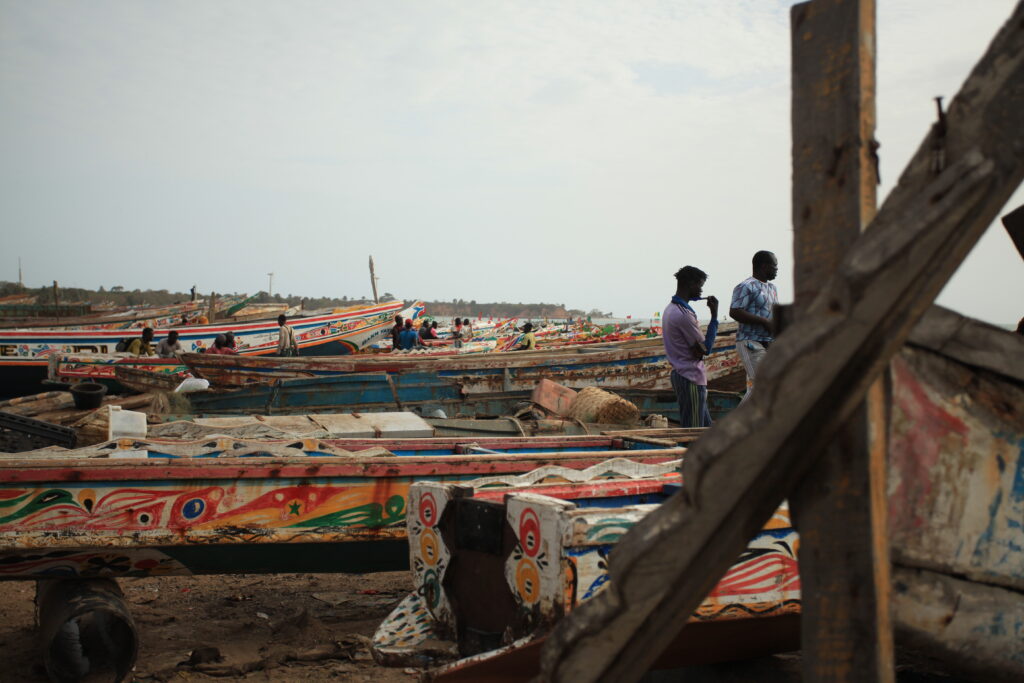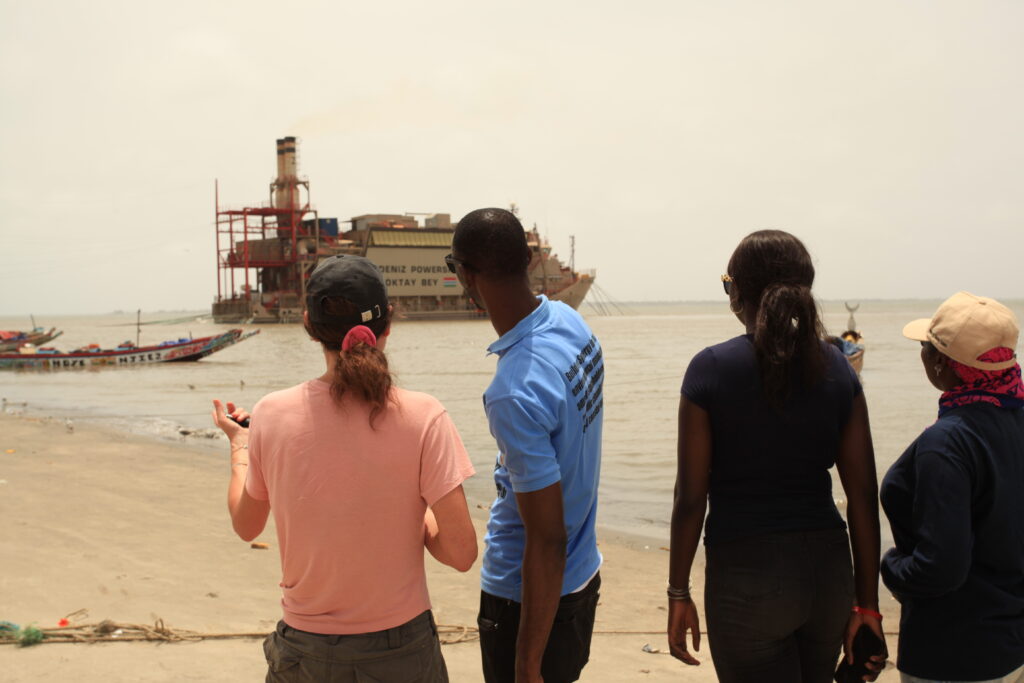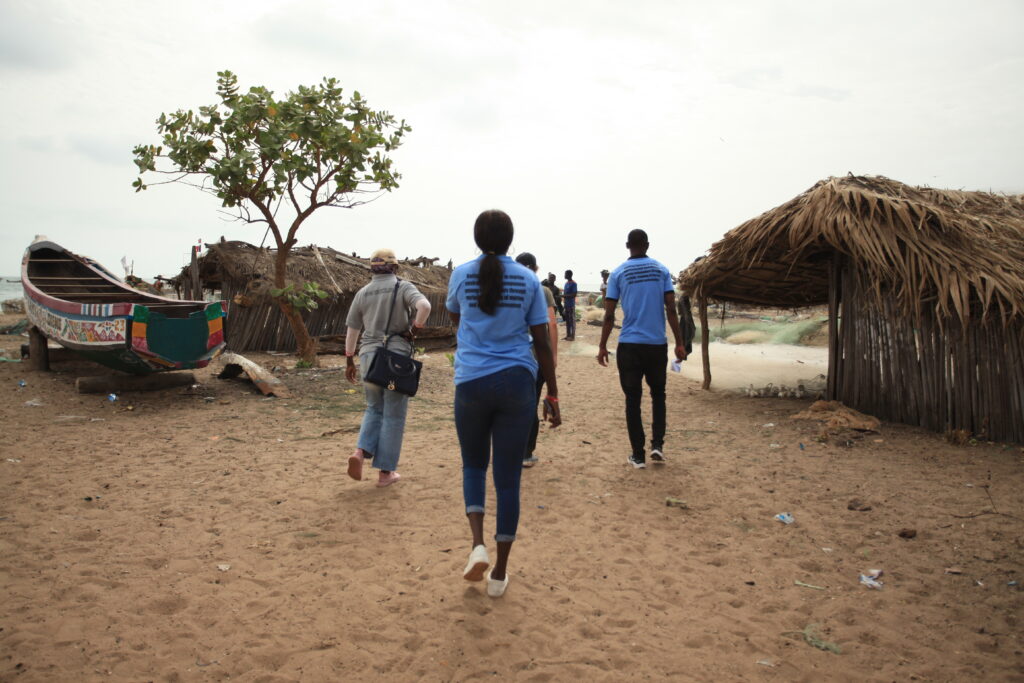GI WACAF - The Gambia

The Gambia Oil Spill Contingency Planning Project
Project Aim:
To enhance the capacity of The Gambia to prepare for and respond to marine oil spills by finalizing its first national oil spill contingency plan through technical assistance and collaboration with government stakeholders.
The Global Initiative for West and Central Africa (GI WACAF) is a collaboration between the International Maritime Organization (IMO) and IPIECA to enhance the capacity of partner countries to prepare for and respond to marine oil spills. As a GI WACAF partner country, The Gambia has made considerable progress in recent years towards establishing the conditions necessary to respond to oil spills. To accelerate this work, in 2023 the Gambia Maritima Administration requested support in the form of technical assistance to finalise its first national oil spill contingency plan. The resulting project was funded by GI WACAF, in collaboration with a regional NGO – Partenariat Regional pour la Conservation de la Zone Cotiere et Marine (PRCM).


Project Objectives:
Through close collaboration with government stakeholders, Marittima adopted a bespoke approach to meet the following Project objectives:
- Development of a response strategy which is informed by country-specific risks and conditions and accommodates existing national legislation;
- Identification and deep discussion on roles and responsibilities of various agencies;
- Mapping of environmental and socioeconomic sensitivities and operationally relevant features, including ESI Map Atlas (developed by independent consultant Julke Brandt);
- Development of an operational response plan that complements existing national processes and frameworks, and;
- Production of a guidance template to enable authorities to finalise the national oil spill contingency plan encapsulating and communicating the above
- A road-map based on a gap analysis including specific, proportionate, practicable and practical actions for the authorities to continue to implement towards continued enhancement of their pollution response preparedness capacity and capability.
These objectives were met through active remote working sessions, several in-country visits which focussed on field surveys, round-table discussions and oil spill response workshops. The sustained commitment of key government actors throughout the process meant the workplan remained dynamic and flexible to accommodate priorities and areas of further work as they arose.
